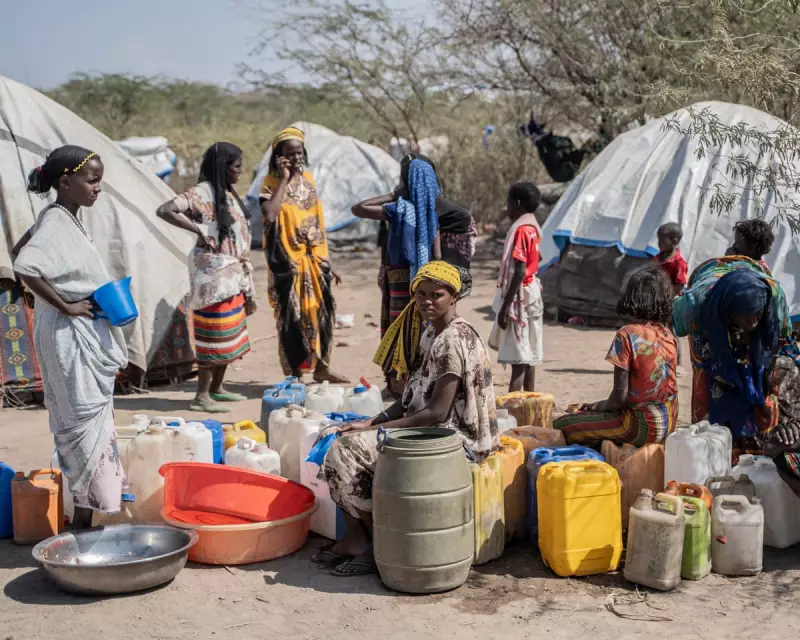
A looming financial catastrophe is unfolding across developing nations as debt burdens reach breaking point, with Western governments and institutions accused of failing to take decisive action to prevent economic collapse.
The Crushing Weight of Debt Repayments
New analysis reveals that dozens of countries across Africa, Asia, and Latin America are now spending more on servicing existing debts than on essential public services. This financial stranglehold is forcing impossible choices between paying international creditors and funding healthcare, education, and climate resilience.
"We are witnessing a silent financial emergency unfolding in real time," explains Dr Anya Petrova, lead economist at the Global Development Institute. "When a country spends 40% of its revenue simply paying interest on loans, it cannot possibly invest in its future or protect its most vulnerable citizens."
Human Cost of Financial Gridlock
The consequences extend far beyond balance sheets:
- Hospitals facing medicine shortages as health budgets are slashed
- School feeding programmes cancelled despite rising child malnutrition
- Climate adaptation projects shelved despite increasing extreme weather
- Essential infrastructure maintenance delayed, risking public safety
This crisis comes at a time when many of these nations are simultaneously grappling with the lingering effects of pandemic recovery, food price inflation, and climate-related disasters.
Western Response: Too Little, Too Slow?
While international financial institutions have acknowledged the problem, critics argue the response has been inadequate. The Common Framework for debt treatment, established by G20 nations, has been widely criticised for its slow implementation and limited scope.
"The current approach is like offering a bandage to someone bleeding from multiple wounds," says Michael Chen, director of the Economic Justice Network. "We need comprehensive debt restructuring that gives countries breathing space to recover and rebuild."
A Path Forward: Solutions on the Table
Several proposals are gaining traction among development experts and civil society groups:
- Automatic debt suspension triggers during natural disasters or economic shocks
- Debt-for-climate swaps where debt relief is exchanged for environmental protection
- More inclusive negotiation processes that give borrower nations equal voice
- Transparency requirements for both lenders and borrowers
With the next major international finance meetings approaching, pressure is mounting for wealthy nations to move beyond rhetoric and implement concrete solutions before more economies face collapse.





